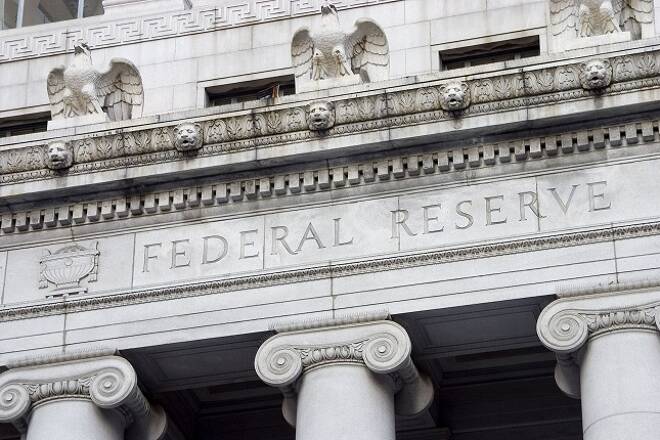Advertisement
Advertisement
Lack of Economic Data Turns Focus on Central Bank Decisions
By:
The global financial markets have seen a couple of tough weeks after a period of low summer volatility. Right now the euro (EUR/USD) continues to act like
The global financial markets have seen a couple of tough weeks after a period of low summer volatility. Right now the euro (EUR/USD) continues to act like a safe haven as there is an increase in odds concerning central bank stimulus packages. The Japanese Dollar and the US Dollar are leading the way and the euro has been outpacing riskier commodity currencies and the British Pound. Brexit headlines have started to pickup again, causing volatility with the Sterling. The bottom line, as of late, there has been very little solid economic data to shift the euro’s direction as its Forex markets have been consolidating over the last week.
Looking at the upcoming economic calendar, this week, there is any data too eventful on the near term horizon. This means the euro crosses will get their volatility from central bank decisions as the Federal Reserve monetary policy decision is due on Wednesday as is the Bank of Japan. Both meetings start tomorrow. There are also some European Central Bank speakers giving talks this week.
Among these ECB speakers, will be President Mario Draghi who will give remarks on Thursday. These will carry a lot of weight with the Forex markets. His last remarks came at the last ECB policy meeting. Draghi said that the banks QE program will be challenged thanks to constraints in capital. “We tasked the relevant committees to work on the smooth implementation and the changes that are needed to ensure the smooth implementation.” This means they are not focused on the size of the current quantitative easing program but whether or not it is effective.
Should there be a shift in monetary policy from the ECB on the near horizon, then Draghi is the one who will need to convince the financial markets of its effectiveness. Investors are not expecting anything big from the ECB before the next round of SEPs are issued in December. Investors are expecting more discussion whether or not the current QE program is effective. Right now, their biggest decision will be whether or not to remove the -0.40 percent deposit rate as they are running out of German debt to purchase. Removing this control, will allow them (ECB) to purchase debt from the peripheral countries.
This leads us to the outlook for the EUR/USD this week. It remains bearish in the context of it remaining a safe haven and or low-yielding funding currency. There are external events that will spark lower volatility and demand in the currency this week. A slightly dovish Bank of Japan and US Fed should mean a stronger EUR/JPY and EUR/USD and remove demand for the euro in other Forex markets thanks to an improvement in risk appetite.
About the Author
David Frankauthor
Advertisement
